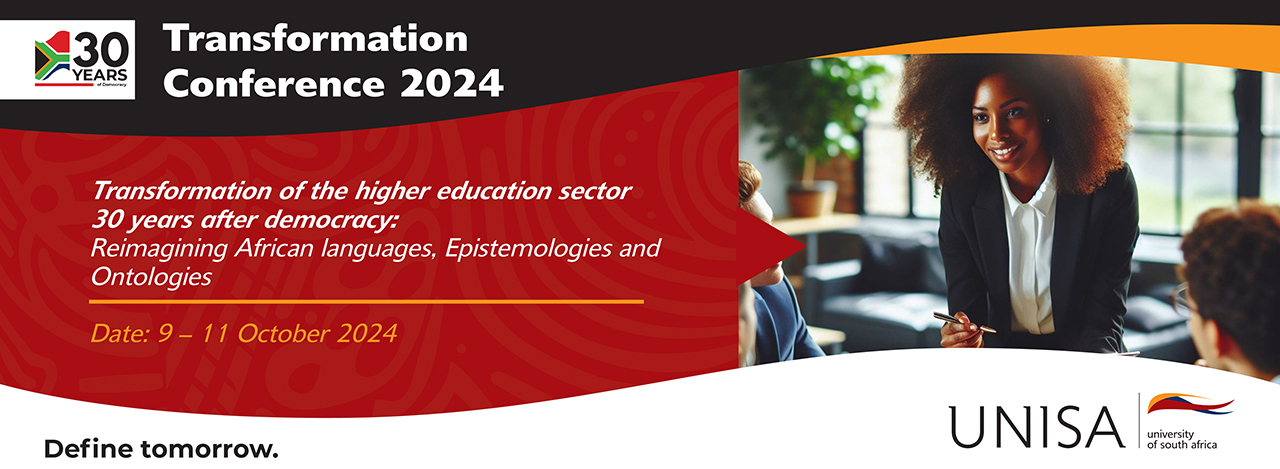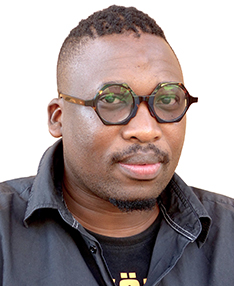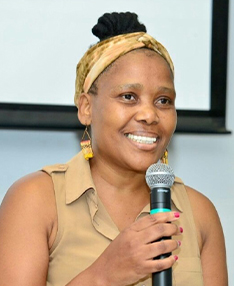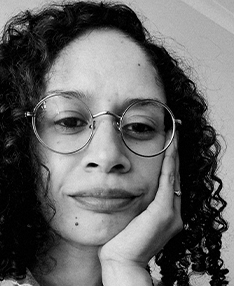
Call for abstracts
We have come a long way since the time when Blacks could only study, administrate, teach, and research in the then segregated apartheid Black university system. Now access has opened in ways we could not have imagined. When Black learners took to the streets on June 16, 1976, and revolted against Afrikaans as a medium of instruction, Black learners were fighting for a quality and just education system. They were refusing to be taken further and further from themselves, from their world to other worlds (wa Thiong’o, 2005: 12). They understood that language is more than just a means of communication but speaks to knowledge production and justice. 30 years into democracy we had no idea the education system would look the way it does now, with continuing ontological and epistemological challenges for Blacks. Consequently, one of the biggest cries of that era – self-reflection and expression in our mother tongues is still a big challenge 30 years into democracy. This language challenge is currently reflected in how we think, teach administrate and research in the higher education sector.
The issue of African languages in the higher education sector is but a small indicator of the long way we still have to go in building a distinctly African university centered on indigenous knowledges whilst drawing on a plurality of other knowledges. What we still have is universities in Africa centered on western epistemologies and trying to integrate IKS. We know from the work already done what impedes transformation in the higher education sector and decolonization of our broader socio-political systems. Until we see some changes, we need to continue having the conversations made possible by this conference – however conversation should not be sterile, we need to have bold, honest conversations borne of deep reflections on what are the current barriers to decolonization, transformation, and Africanization. Thinkers like Manganyi, Ndlovu-Gatsheni, Mbembe, Sithole, Phaswana, Cakata & Radebe, and Canham elucidate on some of these barriers.
Assié-Lumumba (2007: 24) as she thinks through the transformed African university writes that “Ïf by their will and actions the Europeans could successfully and systematically destroy and reconstruct African social institutions to primarily serve their interests, African people can change historical direction by their will guided by their determination to serve the interest of the African people, by resolutely undertaking the task of appropriation and reconstruction of their institution.” We, therefore, take our cue from Assié-Lumumba to think, do, and imagine anew 30 years into democracy the institutions of higher learning that will serve African people. We then ask the following questions: 1) how far we have come? 2) what needs to be done?
In crafting your abstracts for this conference, we urge you to build on their work as we attempt to reflect on 30 years of democracy and what it has meant for the higher education transformation project. We therefore call for robust papers reflecting on how far we have come and how long the journey still is and what we can do to make it smoother.
As we reflect on transformation in the higher education sector 30 years into democracy, we urge you to think not only from South Africa but to see what we can learn from those African countries who established independence before us, what were their successes, their challenges – are the challenges of African governments the result of epistemologies shaped by universities in Africa? Would things turn out better if these epistemologies were shaped by African universities? We thus invite papers on the following questions and more:
- How do our political systems like democracy shape what is possible for transformation of universities – what are its limits?
- How do we build a distinctly African university, is this even possible?
- Why? how? do we still not use/can use African languages in universities (writing, teaching, administrating), will it ever happen with many African language departments closed?
- What have been the pitfalls of Employment Equity legislation?
- We have seen growing concerns of corruption in the higher education sector – how has this impacted transformation?
- How do we deal with the conception of African’s as foreign in African universities?
- What kinds of Human Resources Departments and systems do we need for effective transformation?
- What type of student will come out of a distinctly African university?
Abstract Submission Guidelines
- A concise title
- Author names, Affiliation and contact details
- 250 words Abstract.
- Due date for abstracts 10 September 2024
- Due date for full papers 07 October 2024
All submissions must be sent to: transformationconference@unisa.ac.za
PLEASE NOTE: The conference is free now but all delegates are expected to pay for their own travel and accommodation expenses.
Conference Speakers
 |
 |
|
Prof Tendayi Sithole |
Dr Nompumelelo Zodwa Radebe |
Ms Chanel van der Merwe |
Conference key dates
|
Deadline for Abstracts |
10 September 2024 |
|
Due date for full papers |
07 October 2024 |
Venue and location
The 2024 Annual Transformation Conference will take place at The University of South Africa, Bamboo Auditorium, Kgorong Building, 3rd Floor, Muckleneuck Campus in Pretoria South Africa.
The Airports
- Lanseria International Airport is approximately 40 minutes from the Unisa Muckleneuk Campus.
- Click here for directions to Unisa from Lanseria International Airport.
- OR Tambo International Airport is approximately 35 minutes from the Unisa Muckleneuk Campus.
- Click here for directions to Unisa from OR Tambo International Airport.
